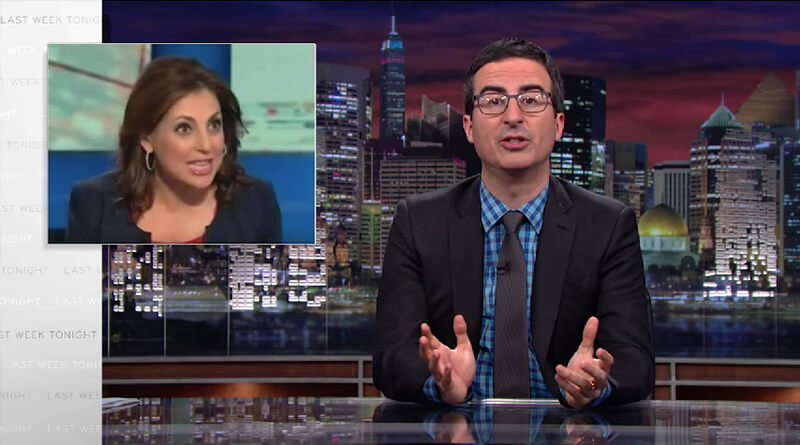 I am a firm believer that your ability to solve a conflict in a constructive way is critical to both your personal and professional success.
I am a firm believer that your ability to solve a conflict in a constructive way is critical to both your personal and professional success.
One of the ways of doing this is to go into a situation assuming positive intent. That means you approach the situation trying to understand the other person’s point of view with the goal of coming to mutual understanding.
Fight or Flight
Of course, this is easier said than done. A disagreement, particularly if it feels like an attack, is very likely to elicit the “flight or fight” response buried deep inside our primitive brains in the limbic system. While this part of our brains is vital for mediating the behavioral and emotional responses we need for survival, it is not helpful to allow your sane, rational brain to be hijacked over a challenging professional interaction.
Think about the last time this happened to you: Did you get angry and frustrated and respond in a way you wish you could take back?
Or did you say something that could help resolve the situation and lead to a more productive and fruitful conversation, like “I sense that you were offended by what I said, is that correct?”
This gives the other person a chance to explain themselves so that you come to what is written about in the book Crucial Conversations: Tools for Talking When Stakes Are High. The authors of this multi-million-copy classic call it a “pool of shared meaning.”
This can only happen if you approach difficult conversations or situations as a problem solver instead of a problem exacerbator.
When Feeling on Your Own
Now, you may be asking how to proceed if the other person doesn’t cooperate. Unfortunately, the reality is we don’t have control over others; we only have control over ourselves. However, you will often find that going into a situation as a lover rather than a fighter/hater has the effect of disarming the other person and lowering their defenses so that you can work together to resolve the situation.
Try these three simple steps the next time you are confronted with a difficult situation. They are helpful ways to enhance your conflict resolution skills.
Follow These Steps
- First, STOP and SLOW DOWN and assess the situation.
- Next, CHALLENGE your initial response. Ask yourself if what you are perceiving is, in fact, an assumption.
- So often, we misread a situation, and if we reframe it, we realize we have, in fact, totally misunderstood the intention. Here it is also helpful to try and see it from the other person’s point of view. In The Four Agreements, Don Ruiz Miguel writes about not making assumptions and not taking things personally. Unfortunately, this is something we all do far too often.
- Then, CHOOSE the most mature, evolved way of responding, one that will keep your relationship intact and ensure a positive outcome.
I assure you if every time you face a difficult person or situation, you go through these three steps, you will find that your relationships improve and that your personal and professional journey will be a much easier and rewarding one.



